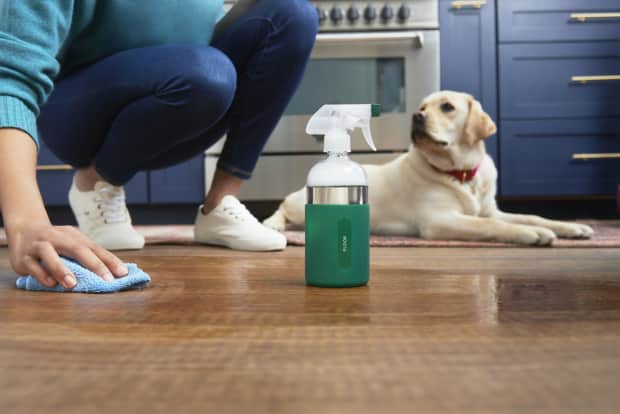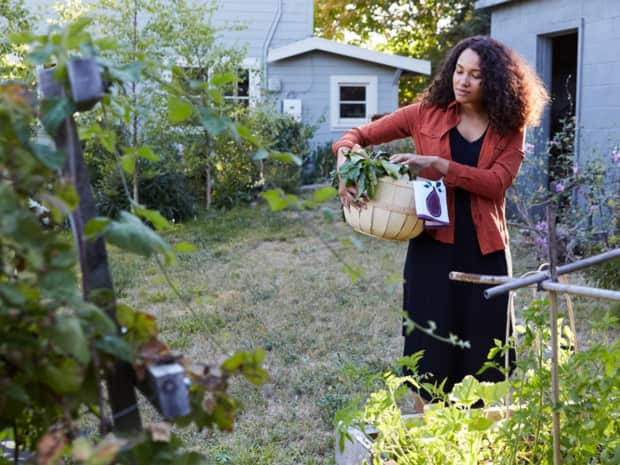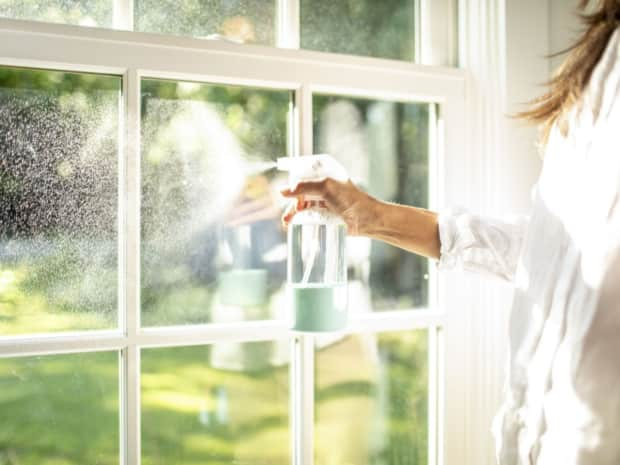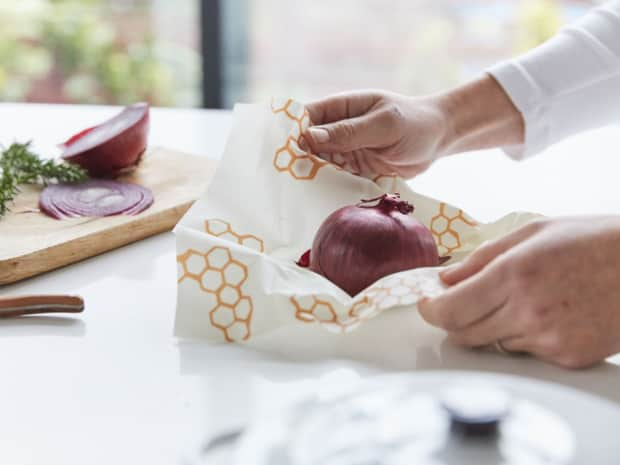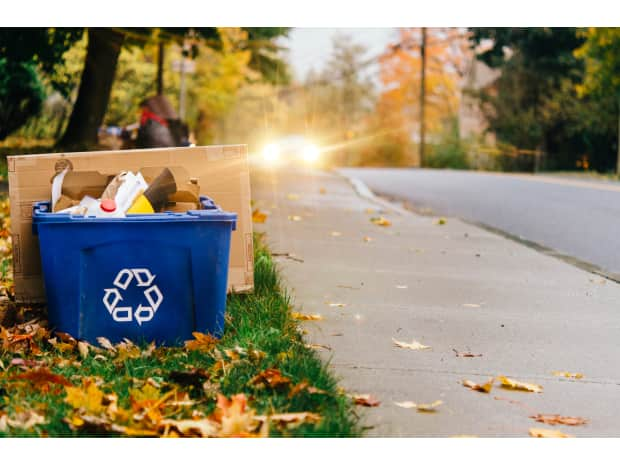So how can you tell whether or not the products you're considering are the real sustainable and natural deal?
"Buzzwords about recycling and composting can cause consumer confusion and are a major driver of our waste problem," says Alexandra Bede, Senior Manager of Sustainability at Grove. "If left unaddressed, it can threaten our environmental progress."
Learn more about some of these confusing and generalized terms that should start to signal your greenwashing radar as you shop:
Nontoxic
This is an incredibly prevalent term, but when it comes down to it, most ingredients have some level of toxicity when enough is used.
When you see the term nontoxic, it doesn't necessarily mean the product is truly free of toxins. Look for specific percentages, testing result information, and ingredients to see if you know what each of the ingredients are (e.g. no chemical-sounding ingredients).
Free of
Many companies make claims that a product is “free of” certain ingredients, which may not have ever been intended ingredients of the product in the first place. Unless they do regular testing for trace amounts of these ingredients, these claims could be misleading. Read up on any potential ingredients in the product (or product category) that you are buying that you might want to avoid, and then check the ingredient list of what you specifically want to buy to be sure it’s truly “free of” those things.
All-natural
This term is thrown around all the time, but it doesn't actually mean much. There are plenty of naturally occurring ingredients that are harmful to both you and the environment.
“All-natural” is actually starting to be a regulated term, and companies are getting sued if they use it incorrectly. However, it’s still around without proper certification on websites, so be careful and look up certifications before you buy.
Chemical-free
Chemicals are all around us, even in naturally occurring ingredients. Typically, this term means no pure chemicals are added to the products. Instead of looking for a chemical-free product, look for a product that is on the Made Safe Hazard List.
Clean
Clean is one of the most ambiguous terms you'll find because it doesn't mean any one particular thing. Generally, it means that the product steers clear of potentially bad ingredients, such as parabens. Pay attention to the full list of ingredients for more specific information.
When you see that something is biodegradable, you picture it decomposing in landfills, but that isn't actually the case. A lot of products sit in landfills for years before breaking down.
Additionally, just because something is biodegradable doesn't mean that chemicals, dyes, and other questionable ingredients weren't used to make it. As the item decomposes, those harsh ingredients drain into the soil and carbon releases into the atmosphere.
Green
This term is generally thrown around when the product is made using other recycled products. It’s much more informative to look at what percentage of the item is crafted of recycled materials.


